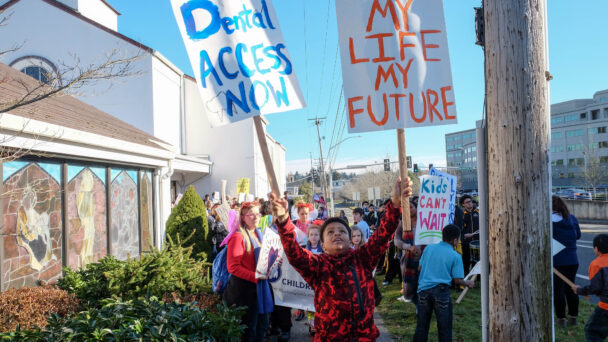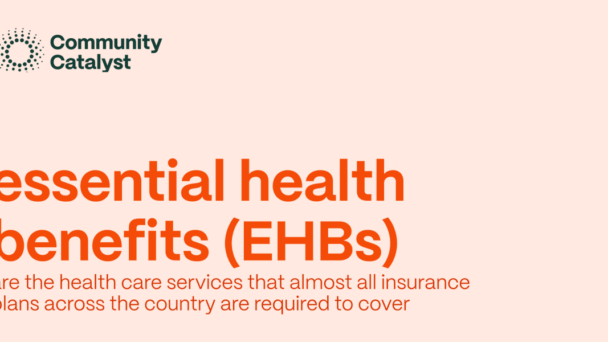Centering Community Voices in Research: Building Sustainable Engagement for Telehealth and SUD Treatment
What does it mean to truly center people in research—especially those too often left out of the conversation? Our recently completed project, Capacity Building for Patient Engagement in PCOR on…


